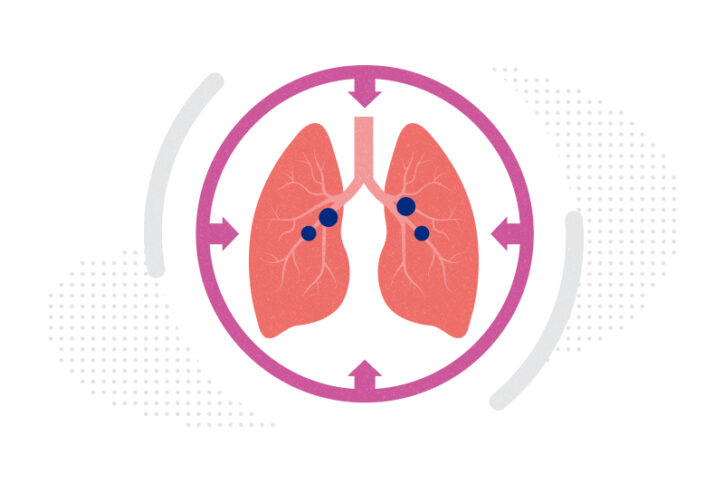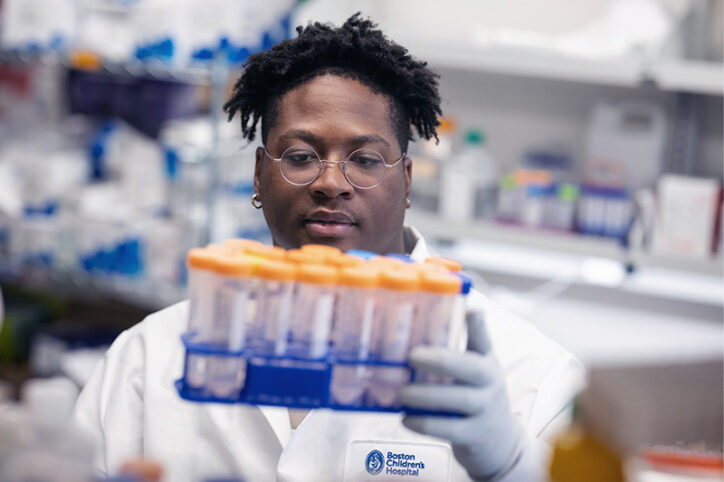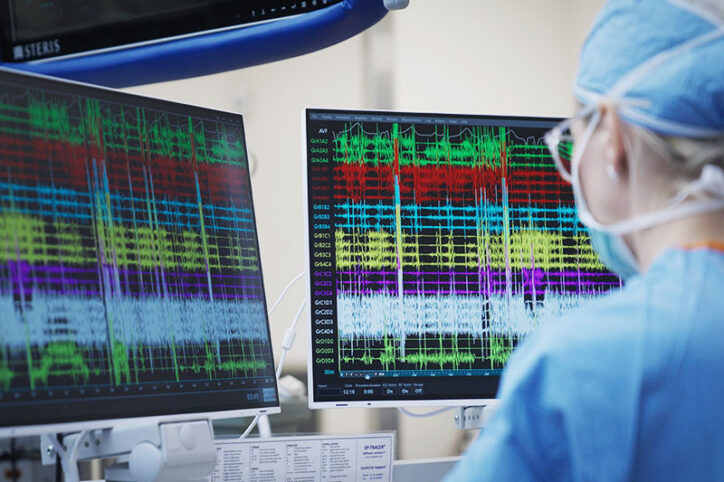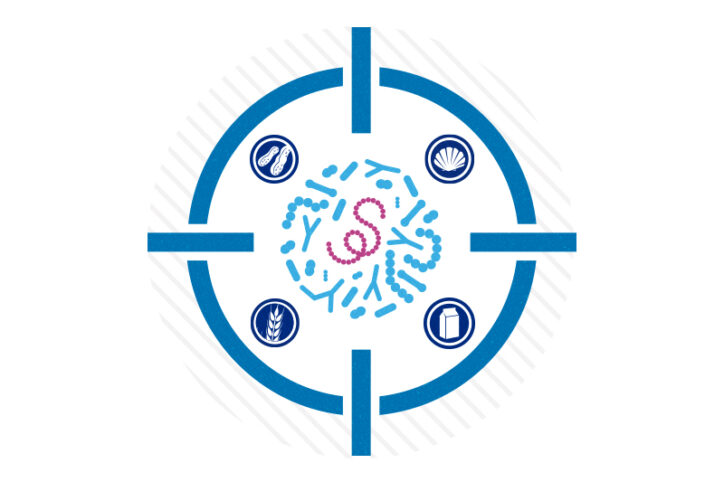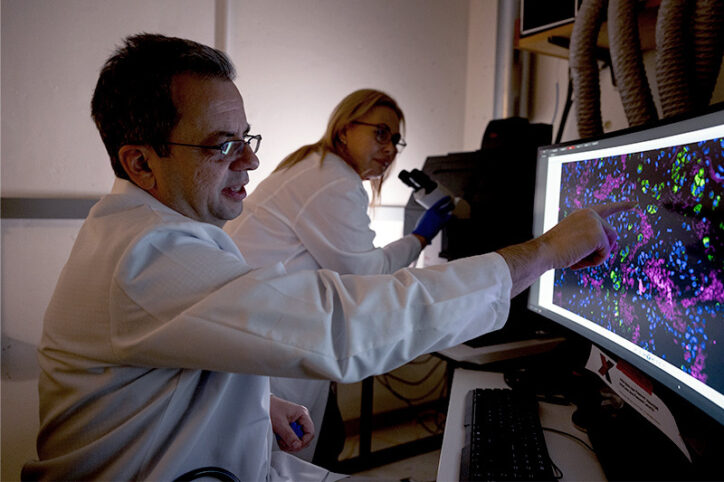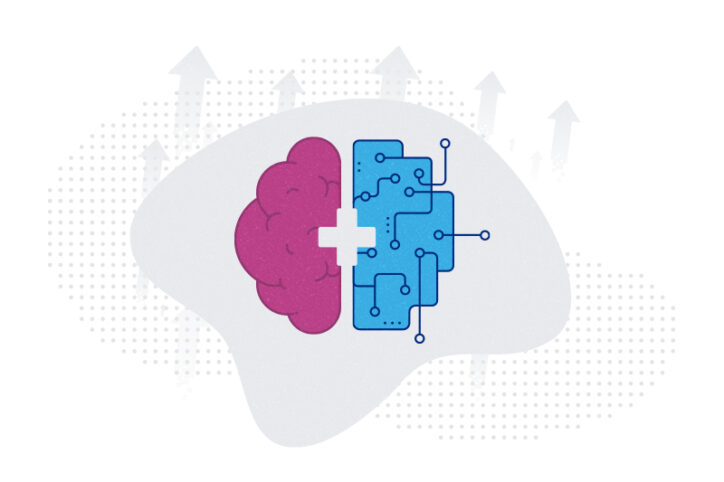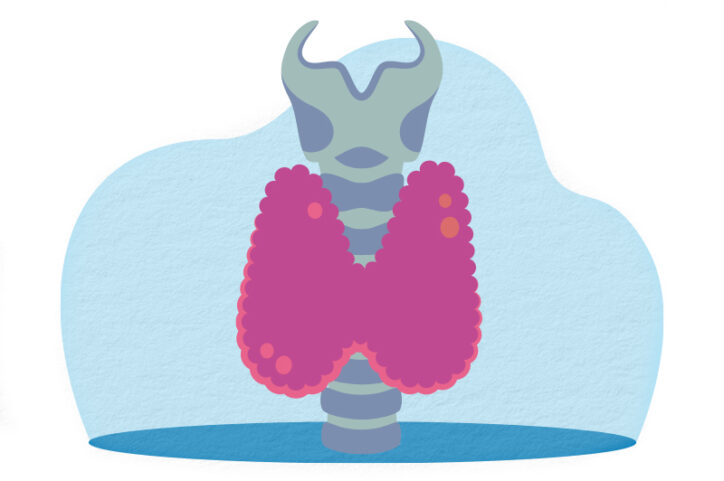Modifying macrophages in the lung could head off pulmonary hypertension
In the 1980s, when Stella Kourembanas, MD, began her career in neonatology, she cared for newborns with pulmonary hypertension, a disease that results in abnormally high blood pressure in the lung arteries and can lead to heart failure. Since then, treatments like inhaled nitric oxide, new vasodilators, new modalities of mechanical ventilation, and extracorporeal membrane ... Read More about Modifying macrophages in the lung could head off pulmonary hypertension
A new tool could exponentially expand our understanding of bacteria
How do bacteria — harmless ones living in our bodies, or those that cause disease — organize their activities? A new study, combining powerful genomic-scale microscopy with a technical innovation, captured which genes bacteria turn on in different situations and in different spatial environments. The technology, described January 23 in Science, promises to take the ... Read More about A new tool could exponentially expand our understanding of bacteria
MRI could reduce the mystery of brachial plexus injuries in infants
About one in 1,000 children are born with brachial plexus birth injury (BPBI), upper extremity weakness or paralysis resulting from trauma to the brachial plexus nerves during childbirth. Most children with BPBI recover with observation and minimally invasive care, but about 30 percent have injuries severe enough to lead to long-term impairment. Thanks to recent ... Read More about MRI could reduce the mystery of brachial plexus injuries in infants
Bringing order to disorder: Jhullian Alston, PhD
Proteins typically fold into orderly, predictable three-dimensional structures that dictate how they will interact with other molecules. Jhulian Alston, PhD, is drawn to intrinsically disordered proteins, whose key feature is a lack of structure. They are difficult to study and far less explored. “They’re floppy, they don’t have specific folds, they can’t slot into each ... Read More about Bringing order to disorder: Jhullian Alston, PhD
Conduction tissue mapping is shown to significantly reduce heart block
New research by Boston Children’s validates an innovative approach to mapping the heart’s invisible conduction tissue during surgery. Key takeaways Using a catheter to map unseen conduction tissue drastically reduces heart block during biventricular repair surgeries for several heart conditions. Conduction tissue was identified in 96 percent of patients who were mapped. Only 4 of ... Read More about Conduction tissue mapping is shown to significantly reduce heart block
Could we cure or prevent food allergy by targeting an intestinal protein?
When is food simply nourishing and enjoyable, and when does it provoke an allergic reaction? The answer appears to lie in the balance of microbes that live in our intestine — and a specific protein secreted by intestinal goblet cells that influences that balance. Excess amounts of this protein, RELMß, change the profile of intestinal ... Read More about Could we cure or prevent food allergy by targeting an intestinal protein?
Mapping cells to create targeted treatments for interstitial lung disease
John Kennedy, MD, MSc, remembers the relative simplicity of his first genetic mapping project. In a Harvard Medical School lab, he helped map a gene for the neurological disease mucolipidosis type IV in less than a year. “I was fresh out of college. I thought with the global momentum of the Human Genome Project, we were going to ... Read More about Mapping cells to create targeted treatments for interstitial lung disease
Blood across our lifetimes: An age-specific ‘atlas’ tells a dynamic story
The stem cells that form our blood, also known as hematopoietic stem cells (HSCs), are with us throughout our lives. A new study reveals how HSCs ramp up and pivot their activities depending on the body’s needs at the time, from before we’re born until old age. Researchers at Dana-Farber/Boston Children’s Cancer and Blood Disorders ... Read More about Blood across our lifetimes: An age-specific ‘atlas’ tells a dynamic story
AI-enabled medical devices are burgeoning, but many haven’t been tested in children
Medical devices that incorporate artificial intelligence and machine learning are proliferating. In 2013, the FDA approved fewer than 10 such devices; by 2023, this number had grown to nearly 250. Devices include software to help interpret radiology images, wearable devices that monitor the heart and flag risks, and devices that analyze brain signals for potential ... Read More about AI-enabled medical devices are burgeoning, but many haven’t been tested in children
Years of experience support the safe use of fine-needle aspiration for pediatric thyroid nodules
Ultrasound-guided fine-needle aspiration (FNA) has long been used as a safe and effective way to evaluate thyroid nodules in adults, usually without sedation. Less is known about the safety and tolerability of FNA in children, although small studies suggest that the approach can be performed without sedation and with minimal complications. Now, a report by ... Read More about Years of experience support the safe use of fine-needle aspiration for pediatric thyroid nodules


